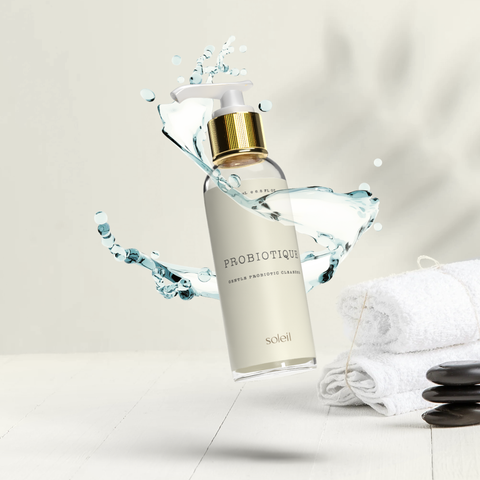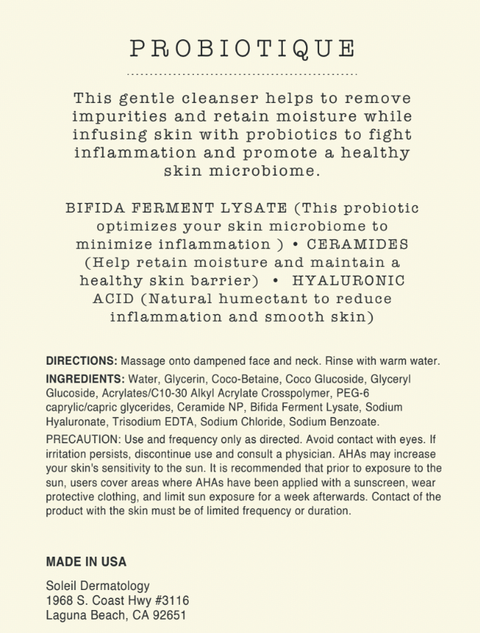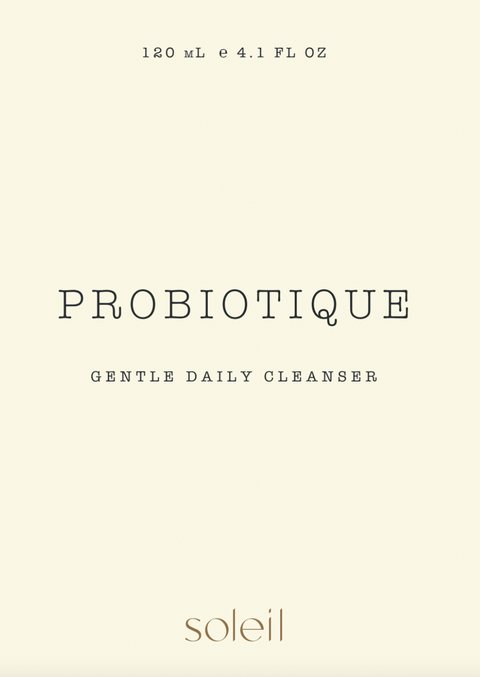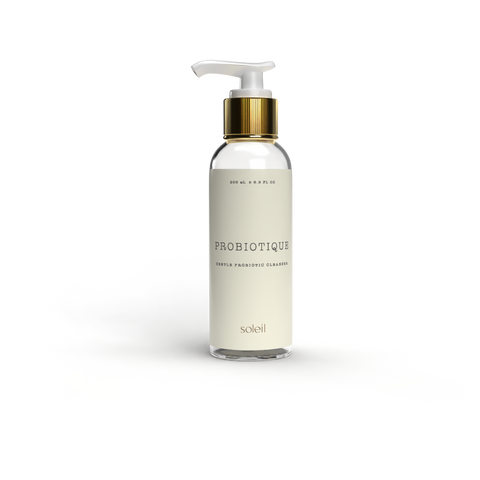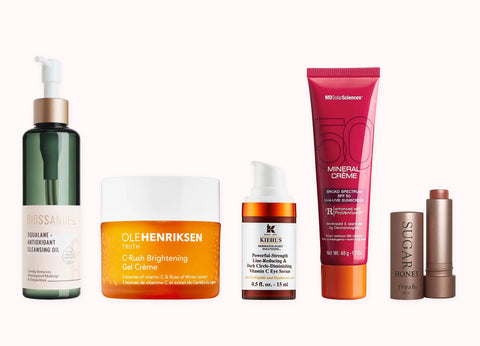With up to half of men and women experiencing genetic hair loss or thinning, the pursuit of luscious locks and healthy hair growth is now more than ever, on the forefront. From genetic predispositions to environmental factors, understanding the intricate mechanisms governing hair growth is essential for developing effective treatments and interventions. In recent years, the spotlight has increasingly turned towards hair growth supplements as a potential solution. But what does scientific research reveal about the efficacy of these supplements, and how do they influence hair health? Let's delve into the science behind hair growth and explore the role of supplements backed by dermatological research.
The Fundamentals of Hair Growth
Before delving into the realm of supplements, it's crucial to comprehend the fundamentals of hair growth. Hair follicles are minute structures residing within the scalp that undergo a complex cycle comprising three phases:
- Anagen Phase: This is the active growth phase during which hair follicles produce new hair. The duration of this phase varies among individuals and determines hair length.
- Catagen Phase: In this transitional phase, hair growth halts and the follicle undergoes regression.
- Telogen Phase: During this resting phase, hair remains attached to the follicle but ceases to grow. Eventually, the hair sheds and the cycle begins anew.
Nutritional Factors in Hair Growth
Nutrition plays a pivotal role in supporting optimal hair growth and health. Several key nutrients have been identified as crucial for maintaining vibrant, strong hair:
- Vitamin D: Emerging research suggests that vitamin D receptors present in hair follicles influence the hair cycle. Deficiency in vitamin D has been implicated in hair loss and thinning.
- Iron: Adequate iron levels are imperative for the transport of oxygen to hair follicles, promoting healthy growth. Iron deficiency anemia has been associated with hair shedding and reduced hair quality.
- Zinc: This mineral contributes to various physiological processes, including hair tissue growth and repair. Zinc deficiency can compromise hair health and contribute to hair loss.
The Promise of Hair Growth Supplements
In response to the growing demand for natural solutions to hair concerns, hair growth supplements have gained traction in recent years. These supplements typically contain a blend of vitamins, minerals, and botanical extracts purported to nourish hair follicles, promote growth, and reduce hair loss. With anecdotal evidence and marketing claims abound, your first best step is to consult with an expert.
Navigating the Supplement Landscape
Amidst the array of supplements flooding the market, navigating the landscape can be challenging. To make informed choices, it's essential to:
- Consult a Dermatologist: Seek guidance from a dermatologist or healthcare professional before initiating supplementation, especially if you have underlying health conditions or are taking medications.
- Look for Evidence: Choose supplements backed by scientific research demonstrating their efficacy in supporting hair health. Pay attention to ingredient quality, dosage, and formulation.
- Address Underlying Causes: While supplements may offer benefits, addressing underlying factors contributing to hair loss or poor hair health, such as hormonal imbalances or scalp conditions, is paramount for long-term improvement.
Conclusion
Hair growth supplements represent a promising avenue in the quest for healthier, more resilient hair. Additionally, supplements offer a holistic approach to nourishing hair from within. While the efficacy of specific nutrients in promoting hair growth is supported by evidence, individual responses may vary. By combining supplements with comprehensive hair care strategies and addressing underlying concerns, individuals can embark on a journey towards vibrant, flourishing hair, guided by the insights of dermatological research.
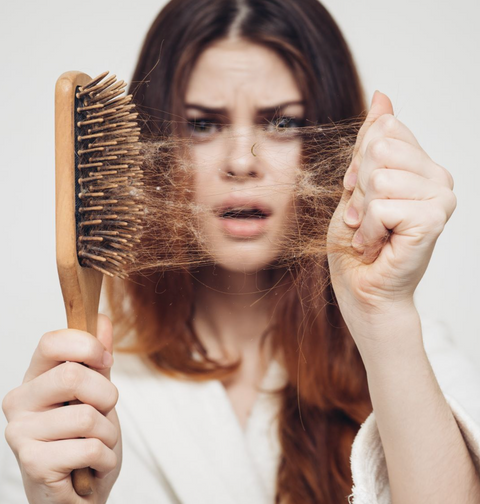
 healthline - Stages of Hair Growth
healthline - Stages of Hair Growth